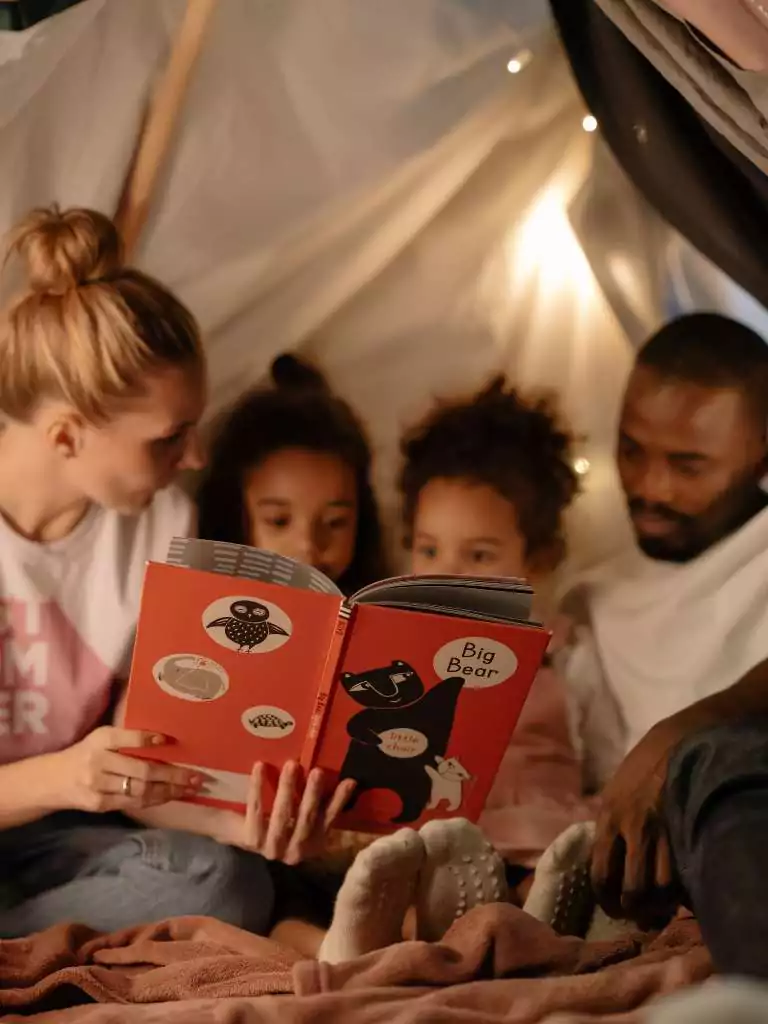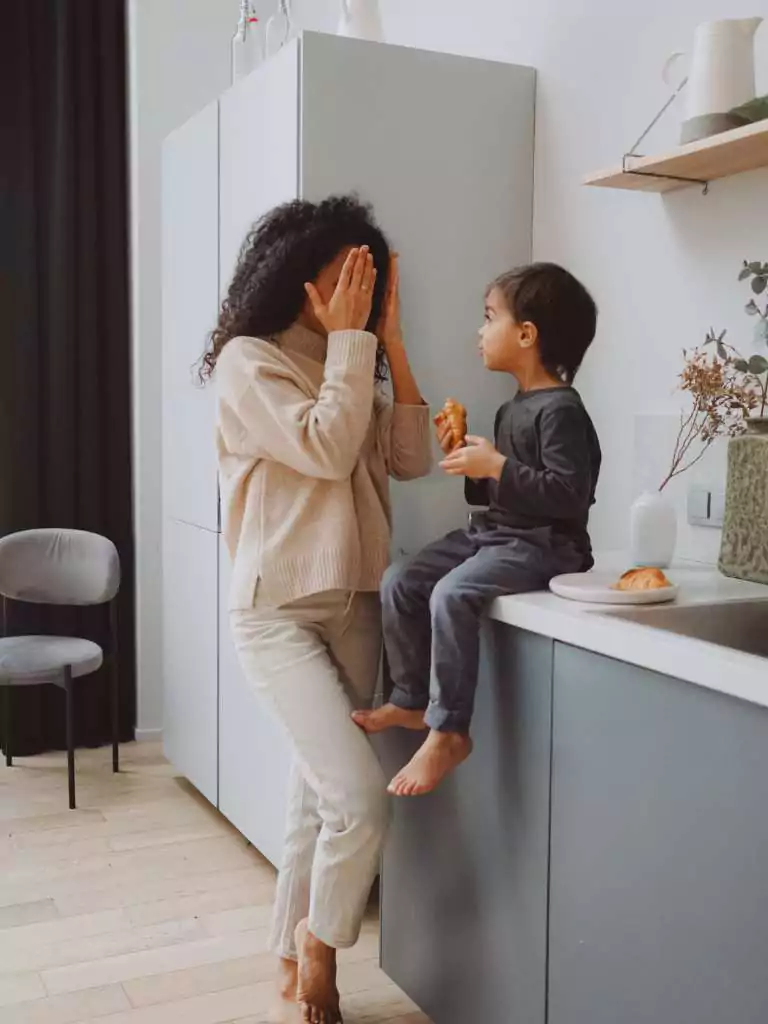Parenting doesn’t come with a cheat code, especially when it comes to something as fragile (and important) as trust. I’ve learned the hard way that building trust with your child isn’t just about telling the truth or promising cookies after dinner — it’s in the everyday stuff.
The small glances. The tone of voice. The way we listen (or don’t). Whether you’re a new parent trying not to mess things up or a seasoned stay-at-home warrior in the middle of rebuilding trust with a strong-willed preteen, this one’s for you.
Here are 10 trust-building exercises I’ve personally tried, tweaked, and tested — and yes, they work even when you’re running on three hours of sleep.
1. Let Them Catch You Being Honest
Kids are like little lie detectors with spaghetti on their faces. If you tell them you’ll play in 10 minutes and come back 30 minutes later, they will remember.
The simplest way I’ve found to build trust? Stick to your word — even when it’s small. If I say, “We’ll leave the park after two more slides,” I mean it.
Trust doesn’t grow in grand gestures; it grows in the boring consistency of showing up when you said you would.
2. Give Them Choices (Even If They’re Tiny)
Strong-willed children (hi, my youngest!) hate feeling powerless. So I started offering small choices. “Do you want to brush your teeth before or after pajamas?”
Suddenly, I wasn’t the bossy dictator — I was their trustable sidekick. Letting them choose shows respect, and respect builds trust. It’s not about control, it’s about collaboration.
And trust me, even toddlers love a little power.
3. Be Their Safe Space — No Matter What
Here’s something no one tells you in the New Parent Advice section: kids mess up. A lot. And if we blow up every time they do, they’ll stop coming to us. I try to remember — I’m the parent, not the judge.
My job is to make them feel safe even when they admit the goldfish died because they tried to give it a bath. Reactions matter.
So now I breathe (sometimes dramatically), listen, and then talk. Calm parenting builds open doors.
4. Say Sorry First
This one hurt my ego at first. But if I expect my kid to own up to their mistakes, I have to model it. When I lose my temper, I come back and say, “I’m really sorry for yelling. That wasn’t okay.”
You’d be shocked how fast those walls come down. It tells them, “You don’t have to be perfect. Neither do I. But we fix things.”
That’s rebuilding trust in real time.
5. Keep Secrets (The Cute Kind)
No, I’m not talking about helping them hide a broken vase from your partner. I mean the sweet, innocent kind: “Let’s surprise your sister with a drawing.”
When you build secret missions with your kids, it gives them a sense of shared loyalty. They’ll start to see you as someone they can confide in.
I call it “mini loyalty building,” and it works especially well with parenting boys who sometimes struggle to open up.
6. Hold Space, Don’t Fill It
You know when your kid is quiet, and you immediately want to ask “Are you okay?” 47 times? Yeah, me too. But I’ve learned that trust also means giving space.
Sometimes they need a minute (or 20). So I sit nearby, sip my coffee, and let them come to me. It’s like saying, “I’m here, I’m calm, and I won’t rush you.”
Works like magic with parenting preteens, by the way.
7. Ask for Their Opinion and Mean It
“Should we paint the room green or blue?” “What do you think about this rule?” When I started treating my child like their voice actually mattered, their behavior changed.
Trust grew. Kids know when you’re faking it. They may be small, but their instincts are spot on. Asking them for input (and sometimes even using it) makes them feel respected.
And respect = trust. Simple math.
8. Be Predictable in the Chaos
Routine is a trust-builder, especially for little ones. They love knowing what comes next. Even if I’m a mess, the bedtime routine is a sacred ritual.
Bath, book, cuddle, light off. No exceptions. When everything else feels wobbly — like my Wi-Fi and sanity — the routine is solid. It tells them, “The world may be nuts, but this part of your day is safe.”
That’s gold for stay-at-home parents managing the daily circus.
9. Show Up (Even When It’s Boring)
I once sat through a 17-minute puppet show starring three socks and a paper towel roll. It was excruciating. But my kid lit up every time I clapped.
That’s when I realized: trust builds when we show up, not just when things are exciting. When they ask you to watch them jump five times in a row — do it.
These tiny moments are the bricks in the trust wall.
10. Talk About Feelings Like They’re Normal (Because They Are)
Kids don’t always have the words for what they feel. Heck, some adults don’t either. So I started naming emotions.
“You look frustrated. Is that how you feel?” or “It’s okay to be mad — we just don’t hit.” By treating emotions as normal, I give them the tools to express rather than explode.
Bonus? They start trusting you with their inner world. And that, my friend, is next-level parenting.
Conclusion
So, how do you build trust with your child? Not with grand speeches or Pinterest-perfect parenting hacks — but with the small stuff, every day.
Be honest. Say sorry. Show up. Hold space. Listen more than you speak (still working on that one). It doesn’t have to be perfect — it just has to be real.
Because at the end of the day, trust is less about control and more about connection. You’re trying, and that’s what counts.










